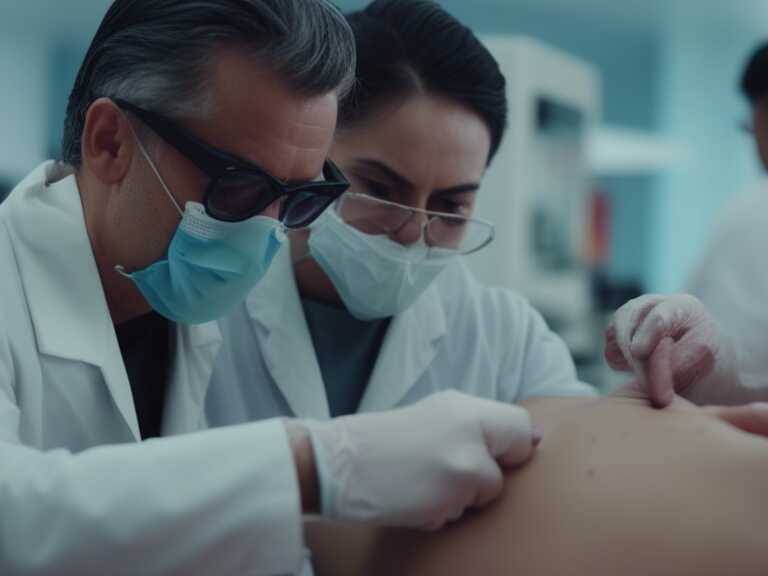
Impact of Vaccines: Saving Millions from Illness and Death, Amidst Rising Skepticism
Vaccines have significantly reduced childhood deaths and diseases, saving millions of lives globally and preventing severe illness from various pathogens.

In the inauguration of President Donald Trump, he made a promise to prioritize the health and well-being of children. However, his pick for the Department of Health and Human Services, Robert F. Kennedy Jr., has a contentious relationship with vaccination, casting doubts on their efficacy, despite overwhelming evidence supporting their role in preventing illness. Dr. Jon LaPook, CBS News chief medical correspondent, emphasized the profound impact of vaccines, citing their historical role in mitigating childhood illnesses and saving lives.
The Mechanism of Vaccination
Vaccines function by mimicking pathogens, allowing the immune system to mount a defense without causing illness. This preparation enables the body to respond effectively when encountering the actual pathogen later in life. Vaccines can either block the onset of illness or reduce the severity of symptoms upon infection. While vaccinated individuals can still contract certain illnesses, the vaccines are instrumental in diminishing the risk of severe health complications and mortality. Common side effects, such as fatigue, body aches, and mild fever, are generally brief, lasting no more than a couple of days, according to Johns Hopkins Medicine.
Vaccines: Achievements and Consequences
Vaccination efforts have significantly contributed to reducing early childhood mortality and eradicating diseases that once caused widespread epidemics. The World Health Organization estimates that vaccines, including those for polio and measles, have saved approximately 154 million lives globally over the last five decades, with measles vaccines alone accounting for 94 million lives saved. However, declining immunization rates have raised concerns, as evidenced by the resurgence of preventable diseases, highlighting the crucial role of vaccination in public health.
Polio: A Historical Perspective
Polio, once a formidable threat, caused immense suffering before the introduction of vaccines in the 1950s. The inactivated polio vaccine (IPV) has been a cornerstone of the routine childhood immunization schedule in the U.S., providing vital protection against the virus. Research indicates that while two doses of IPV offer approximately 90% protection, three doses ensure at least 99% protection against polio. This emphasis on vaccination is crucial, as there is no cure for the disease, underscoring the importance of prevention.
Measles: Resurgence and Importance of Vaccination
Despite the availability of a highly effective vaccine, measles has experienced a resurgence, attributed to a decline in vaccination rates. The MMR vaccine, covering measles, mumps, and rubella, demonstrates remarkable efficacy, with one dose being 93% effective and two doses achieving 97% effectiveness against measles. Vaccination not only protects individuals but also plays a pivotal role in community health, preventing the spread of this highly contagious disease.
Rubella: A Global Challenge
Rubella, particularly perilous during pregnancy, can lead to severe complications for unborn children. The introduction of the MMR vaccine in 1971 has proven effective, with one dose demonstrating approximately 97% efficacy in preventing rubella. While endemic rubella is no longer a concern in the United States, its presence in other parts of the world underscores the need for continued vaccination efforts to prevent the introduction of the virus into the country and protect vulnerable populations.
Share news















